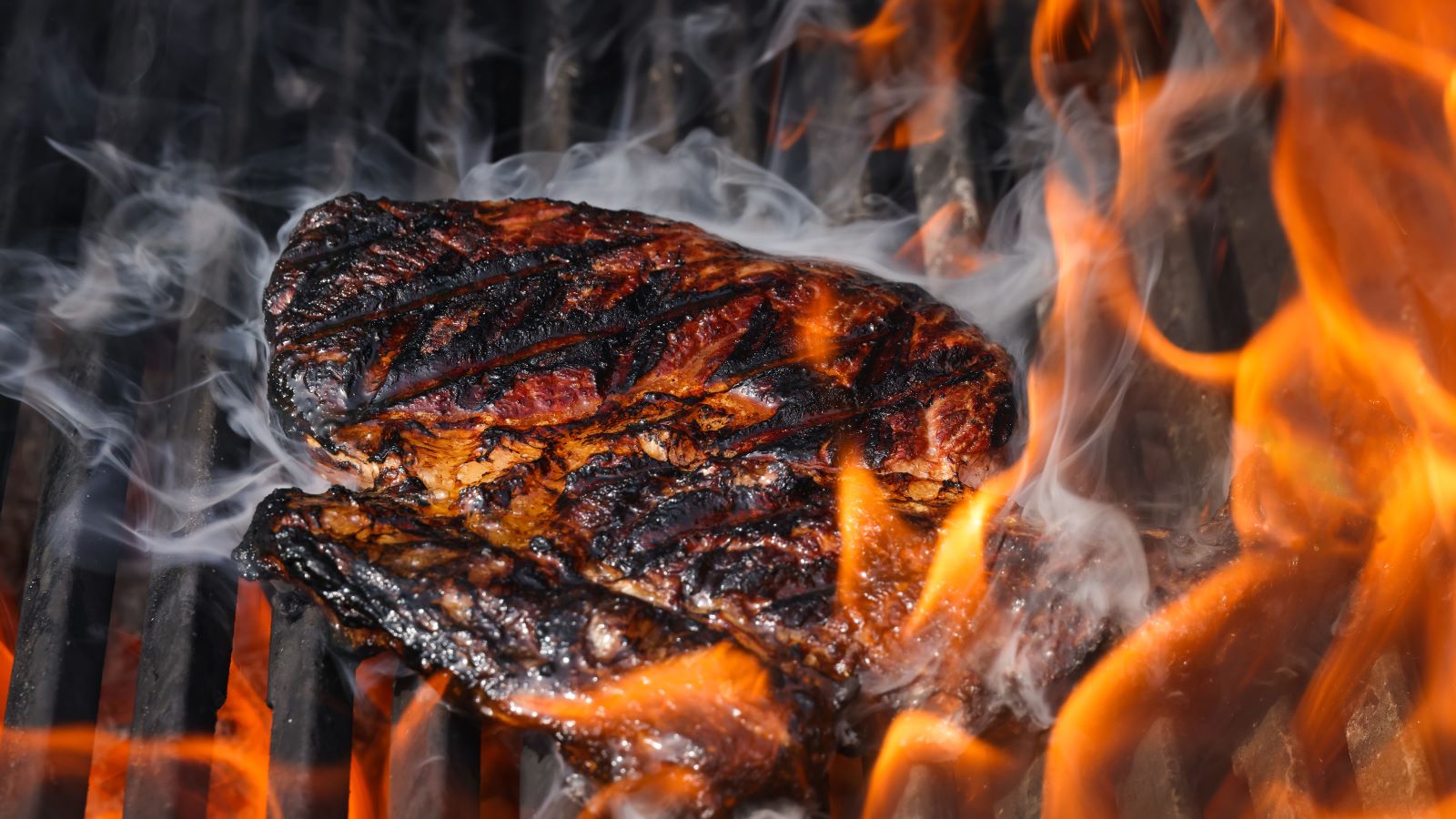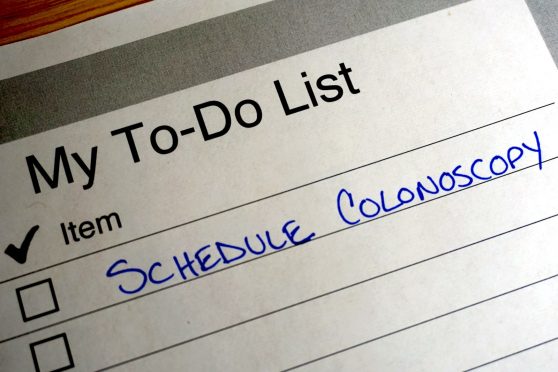It turns out that the worst thing about burnt steak might not be the flavor. Some studies have shown that the chemicals in burnt food may increase your risk of cancer.
But should you be worried? Here’s what an expert has to say.
When food is burned, carcinogens can form.
“A carcinogen is something that promotes the formation and growth of cancer,” says Brisas Truncali, MD, a gastroenterologist who practices at the Hartford HealthCare Digestive Health Institute in Bloomfield. “That doesn’t mean that every carcinogen you encounter will cause cancer, but they’re worth watching out for.”
Some common carcinogens include:
- Tobacco products or cigarettes
- Asbestos
- Excessive radiation
- Some viruses (like HPV)
And you guessed it – the chemicals in burnt food are a probable carcinogen, too.
“That’s largely because of the chemicals that form when cooking food at high temperatures or for too long,” says Dr. Truncali.
> Related: These 4 Foods Can Decrease Your Risk of Cancer
Common culprits include grilled meat, and even coffee.
If you love burgers fresh off the grill, watch out for those sizzling flare-ups that add that unmistakable charbroiled taste.
According to Dr. Truncali, “When you grill meat, certain chemicals can form. The idea is that when the meat juices drip onto the flames below, they carry these chemicals back up and coat the meat.”
But it’s not only meat that’s affected.
“Another set of chemicals can develop naturally when cooking certain plant-based foods at high temperatures or too long. Think potatoes, toast, even coffee,” she says.
So what’s the verdict?
At the end of the day, experts aren’t entirely sure whether burnt food is harmful or not.
“When consumed in very high amounts, some animal studies have shown that these foods can lead to cancer. But it’s quite unclear how – or if – this translates to cancer risk in humans, or how much burnt food a person would have to consumer to face a long-term health risk,” says Dr. Truncali.
The takeaway? Try to cook your food to a golden brown, rather than charring it.
“I would recommend eating burnt food only in moderation,” says Dr. Truncali. “And make sure that your meals include other elements, rather than just eating browned foods.”
> Want more health news? Text StartHere to 85209 to sign up for text alerts
When it comes to diet, burnt food is rarely the biggest worry.
Trying not to char your hamburgers is a good idea, but it’s probably not the most important dietary adjustment you can make.
“I think the most important thing is to focus on is following a healthy diet,” says Dr. Truncali. “Prioritize eating whole foods, balancing meals with solid fiber intake, and limiting red meat.”
And if you’re looking to lower your risk of cancer and other diseases, processed foods might be the culprit to cut out.
“The nitrates in processed meats are thought to damage the lining of the intestines, and can increase the risk of gastrointestinal tract cancers. Ultra-processed foods have also been linked to inflammatory and chronic health conditions, as well as other types of cancer.”
When in doubt, talk to your doctor.
If you have any concerns about cancer, whether it’s from burnt foods or otherwise, talk to your healthcare provider right away.
“When it comes to cancer, catching it early is key. Talk to your provider about your family history, or any symptoms or risks that you believe might be present. It’s crucial to give them that background to decide if you warrant any special screening, or even genetic testing,” Dr. Truncali adds.



